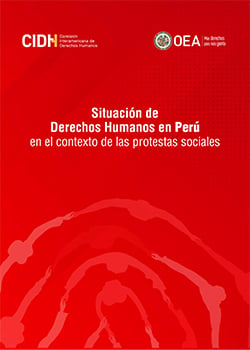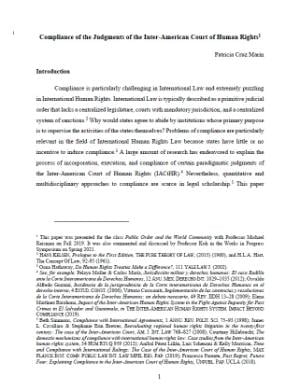
|
A better planet: Forty big Ideas for a sustainable future
Sustainability has emerged as a global priority in the past decade. The 2015 Paris Agreement on climate change and the adoption of the seventeen Sustainable Development Goals through the United Nations have highlighted the need to address critical challenges such as the buildup of greenhouse gases in the atmosphere, water shortages, and air pollution. But in the United States, partisan divides, regional disputes, and deep disagreements over core principles have made it nearly impossible to chart a course toward a sustainable future. This timely new book, edited by celebrated scholar Daniel C. Esty, offers fresh thinking and forward-looking solutions from environmental thought leaders across the political spectrum. The book’s forty essays cover such subjects as ecology, environmental justice, Big Data, public health, and climate change, all with an emphasis on sustainability. The book focuses on moving toward sustainability through actionable, bipartisan approaches based on rigorous analytical research.
|

|
Situación de Derechos Humanos en Perú en el contexto de las protestas sociales
El informe se circunscribe a los hechos ocurridos entre el 7 de diciembre de 2022 y el 23 de enero de 2023, sobre los que contiene una relación pormenorizada en orden cronológico. Para su elaboración, se trabajó con entrevistas e información recibida en terreno e información complementaria posterior a la visita, en su mayoría de fuentes oficiales. En su análisis, la CIDH observó que las protestas que iniciaron el 7 de diciembre de 2022 tienen demandas políticas explícitas y coyunturales. No obstante, en su base existen exigencias de comunidades campesinas y pueblos indígenas que deben ser atendidas por el Estado. Entre ellas se encuentran el acceso a derechos en condiciones de igualdad y sin discriminación, mayor representación política, consulta previa sobre proyectos extractivos y la distribución equitativa de la riqueza que éstos generen.
|
|

|
Compliance of the Judgments of the Inter-American Court of Human Rights
Compliance is particularly challenging in International Law and extremely puzzling in International Human Rights. Although a large amount of research has endeavored to explain the process of incorporation, execution, and compliance of certain paradigmatic judgments of the Inter-American Court of Human Rights (IACtHR), only a few quantitative and multidisciplinary approaches to compliance have been developed. This paper contributes to this effort by describing and explaining the current state of compliance of the judgments of the IACtHR. The first section provides a general overview of the literature related to compliance with the judgments of the IACtHR, including theories such as realism, liberalism, institutionalism, and constructivism. The second section introduces the Inter-American System of Human Rights, the different and particular remedies that have been developed by the Court throughout its case-law, and a set of descriptive data about the work in the IACtHR. Finally, the third section develops a quantitative model for testing the compliance of judgments of the IACtHR according to the different International Relations theories.
|
|
|

|
Crime, Justice, and Social Order: Essays in Honour of A. E. Bottoms
Professor Sir Anthony Bottoms is unique in British criminology. He has achieved mastery of all the disciplines which rightly require attention if criminological questions are to be adequately addressed, including law, social science, social theory, moral philosophy, and matters of ‘administrative criminology’: from uses of the fine, to the origins and functions of the probation service. He was, of course, once a probation officer. This is one of the keys to his outstanding contribution to our field. He combines an unusually broad range of intellectual interests, with a steadfast dedication to ‘the person’ living a troubled life (in a specific place). He has conducted outstanding empirical research in each of these areas, addressing each subject in a way that generates clear and original theoretical and normative analysis. This volume pays tribute to Tony and his work. It is a collection of specially commissioned original essays, organised around his key interests. They are written by friends and colleagues, many of whom are key criminologists in their own right. Each honours Tony’s contribution to the field and to his scholarship in the fields of crime, justice, and social order.
|
|
|
|
|